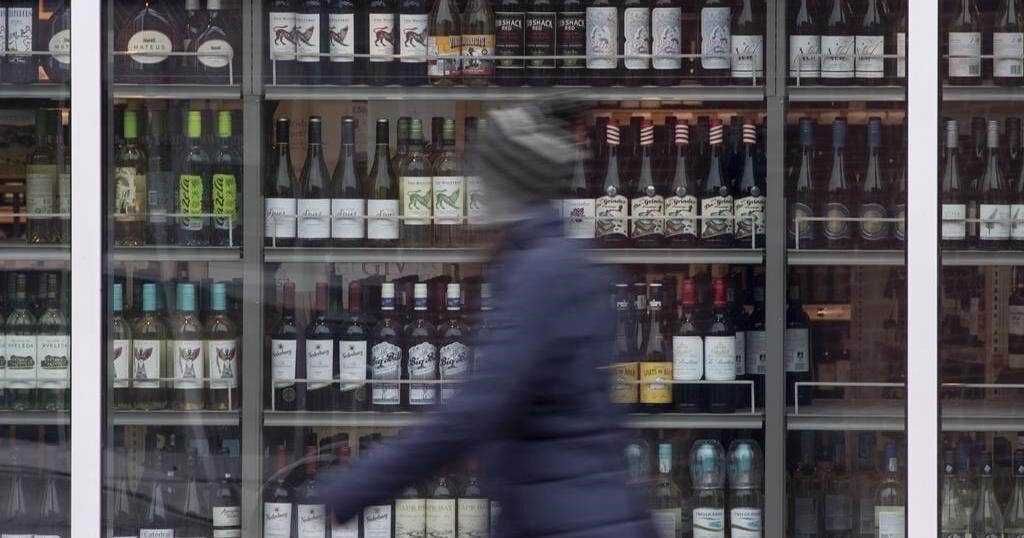TORONTO – Workers for Ontario’s main liquor retailer, who say the government’s plan to open up the alcohol market poses an existential threat to their jobs, are now on strike, with stores expected to stay closed for at least 14 days.
Thousands of workers at the Liquor Control Board of Ontario went on strike Friday morning in the first such labour disruption in the retailer’s history, after months of contract negotiations between their union and management failed to result in a new deal.
After the midnight strike deadline, the Ontario Public Services Employee Union shared a video of workers picketing outside an LCBO warehouse east of Toronto.
“Welcome to Doug Ford’s dry summer,” read the video caption, posted to the union’s social media page.
OPSEU is fearful of job losses after Premier Doug Ford’s government announced plans to open up the alcohol market to allow convenience stores and all grocery stores to sell beer, wine and ready-to-drink cocktails. The first step is set to start this summer and the union says the fast-tracked plan to further privatize alcohol sales threatens the future of the LCBO, as well its public revenues.
OPSEU is also seeking wage increases and more full-time jobs, saying part-time roles now account for 70 per cent of their workforce.
The LCBO said its latest proposal responded to a number of the workers’ demands but the union did not make a counter-offer. It said it was “disappointed” by the union’s strike move, but remained hopeful a fair deal could be reached quickly.
“We will be operating our business, but it is not business as usual,” read an LCBO statement issued early Friday.
LCBO’s retail locations are closed for the next 14 days but online ordering will be available with free home delivery, though product limits apply.
The strike does not affect LCBO convenience outlets in smaller communities, and sales also continue at grocery stores, private winery, brewery and distillery outlets, as well as bars, restaurants and The Beer Store.
The LCBO’s latest proposal, which it said was tabled Thursday afternoon, includes wage increases of 2.5 per cent in the first two years of the deal and two per cent in the third year, as well as a special adjustment for certain warehouse positions.
The proposal would convert about 400 casual workers to permanent full time, improve access to benefits for casual part-timers, expand shift ranges for retail permanent full-timers, and improve severance provisions.
This report by The Canadian Press was first published July 5, 2024.























